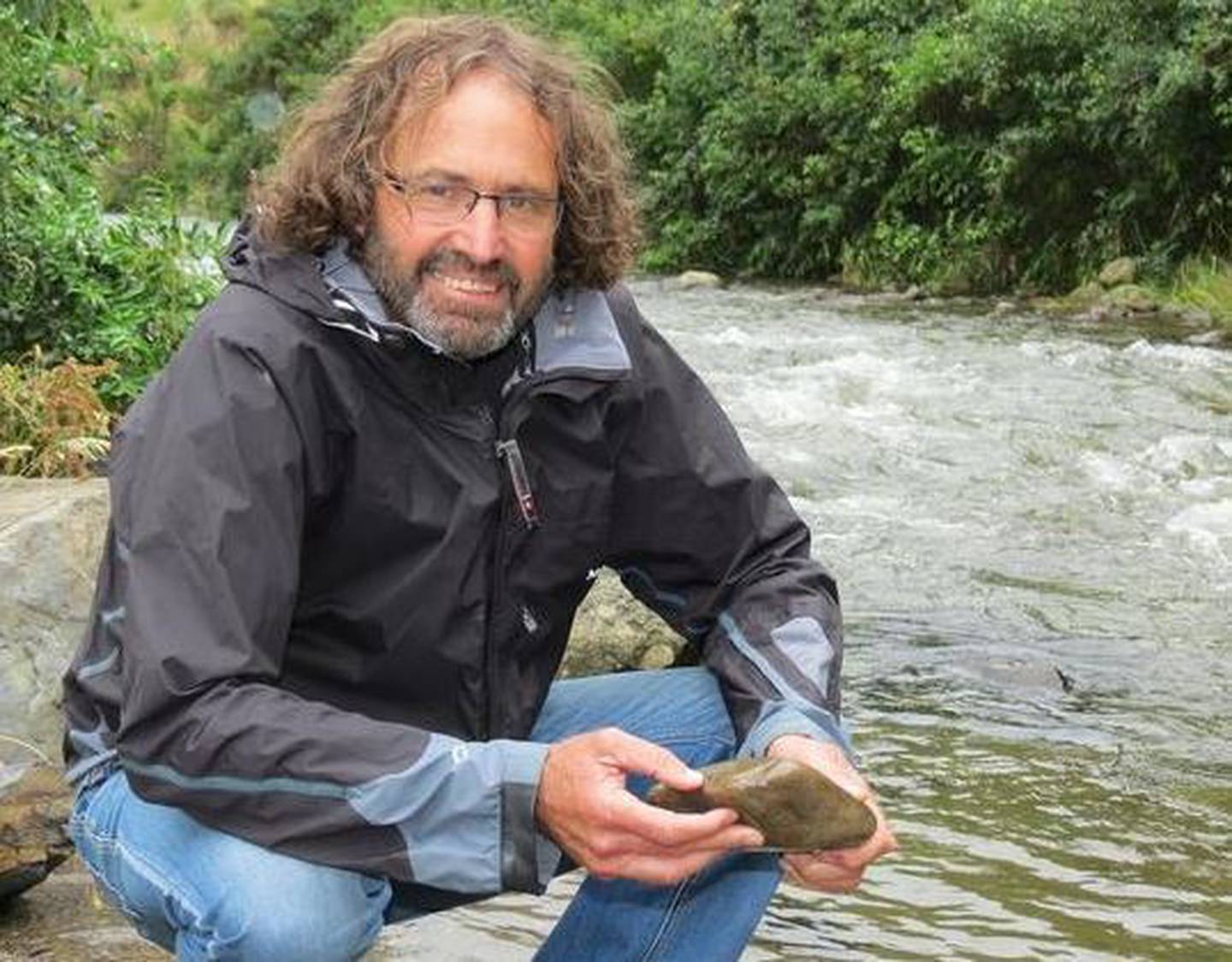
A new fresh water testing methodology being used in Taranaki has revealed what ecologists say they have long known – the region's rivers and streams become contaminated with bacteria after rain.
The regional council previously did not test for three days after rain, arguing no one goes into the water after a storm and that health authorities advise people to stay out of water for this long anyhow.
Now it acknowledges surfers, kayakers and hardy swimmers do use the water after rain.
Since November it has been testing rivers, streams and lakes rain or shine, bringing it in line with the Government's 2020 National Policy Statement for Freshwater.
The results are revealing.
They showed on six wet days almost all of the council's 22 testing sites recorded E coli counts at or greater than 550 per 100ml – requiring warning signs to go up telling people to stay out of the water.
Victoria University of Wellington ecologist Dr Mike Joy said the results reinforced what he already knew.
"After rainfall events you get a lot of contamination of waterways and that is a danger time and the regional council, by avoiding those times, was covering up the reality because people do use waterways and do take food from waterways regardless of rainfall."
Dr Joy said the regional council had been forced into making the change which they had resisted making until now.
"I mean it is great to see a bit more honesty, but I suspect this is the National Policy Statement for Freshwater forcing them to do it rather than any willingness to do this.

Dr Mike Joy. Photo / Supplied
"I think it's still very politicised in the region so the thing that we haven't had for two and half decades is some kind of national policy so regional councils can't just be doing their own thing."
In notable results so far this summer, warning signs were put up at the popular Waiwhakaiho River swimming hole at Merrilands Domain six times - once for a whopping E coli count of 17,330 per 100ml.
By comparison, during the entire 2019-2020 testing season not a single warning was issued at Merrilands.
Warning signs have also gone up twice at the Patea river mouth twice since November.
Prior to this, no warnings had been issued at the river mouth since testing began 25 years ago.
Regional Council iwi representative Emily Bailey was trying to look on the bright side.
"Well, I guess initially I was happy that they had tested no matter what the weather is, so that's the first time in years or ever.
"But yeah, really shocking to see actually the terrible results often up into the 20,000s or tens of thousands of E coli colonies per 100ml."
Bailey said it will be interesting to see if the phasing out of farm effluent discharges to water will make a difference to next summer's results.
"We've got 12 more months of that happening and then it will be over, so we'll be able to see if the data from this summer and next summer is the same or if it's actually made a difference.
"And I'm hoping it's made a difference, but whether it makes enough difference when it rains is the big question."
Results expected – council environmental director
Taranaki Regional Council director of environment quality Abby Matthews said the poor results were a natural consequence of sampling during wet weather and were expected.
Matthews said the results since November were not comparable to those from years gone by because the council had not tested during wet weather.
"The key thing to remember is that although the monitoring is likely to reveal more exceedances of contamination guidelines this summer, it won't necessarily mean overall water quality is getting worse."
She said the public health advice remained to stay out of water for three days after a rain event.
- Robin Martin, RNZ
Take your Radio, Podcasts and Music with you









